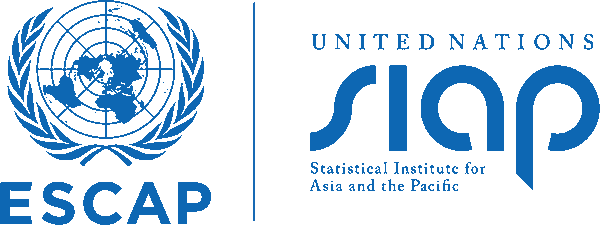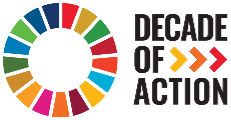
Water is essential to achieve sustainable development. At a fundamental level, the availability of clean water in and of itself is necessary for our health and overall well-being. Water is also an important input to many economic activities, from the production of food and energy to the manufacturing of computers and cars. High quality and timely statistics on water are need in order to manage our water assets and track water supply and use. This course will focus on water statistics and accounts, as well as some important water aggregates and indicators (including SDGs).

